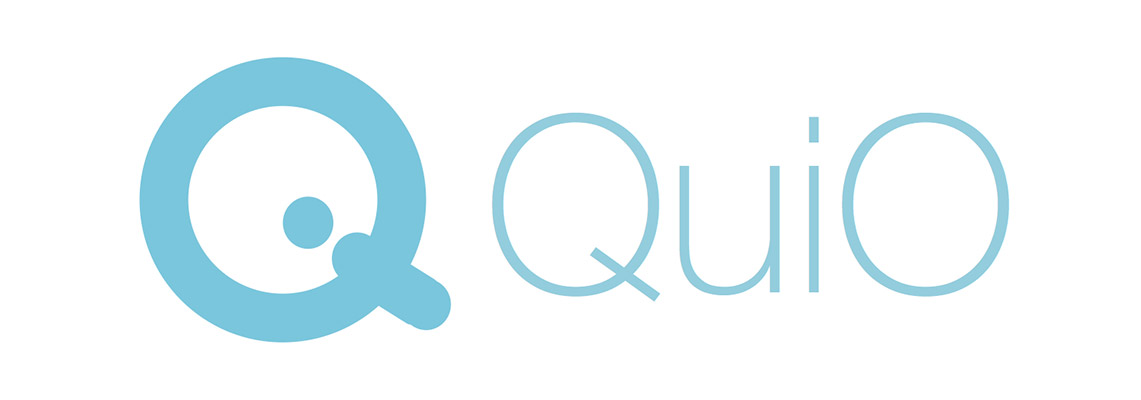
QuiO (kwee-oh), a digital healthcare company co-founded by Alex Dahmani ’14GSAS is developing smart injection devices and connected cloud-based software for the clinical trial and chronic disease market. In November, 2016 the venture announced the closing of a $1.05 million seed round.
Medication non-adherence poses significant clinical and economic problems to healthcare systems globally, especially involving chronic disease patients who must self-inject at home. The internet of medical things (IoMT) has shown success in addressing the issue, including inhaler sensors, connected pill bottles, and other adherence monitoring devices. However, patients taking injectable therapies do not have access to such tools today, and average adherence rates can be as low as 50%. Poor adherence to injectable therapies results in over $14 billion in avoidable medical costs and $22 billion in lost pharmaceutical revenue each year in the United States alone.
“With over 15 million Americans prescribed an injectable therapy today, we see a large and growing need for a comprehensive drug delivery and adherence monitoring solution,” says Alex Dahmani, co-founder and CEO of QuiO. “Injectable therapies, including biologics and biosimilars, represent the future of medicine, making up nearly half of the pharmaceutical pipeline. These are amazing therapies, and our technology is designed to help them reach their full potential. We may even help move cancer therapies out of the clinic, enabling patients to safely treat themselves at home.”
QuiO is developing the first real-time adherence monitoring solution for injectable therapies. The solution is powered by a fully connected drug delivery device platform. The company’s SmartinjectorTM devices are designed to make self-injection easy and reliable for patients, preventing common mistakes and ensuring the full dose is delivered. Each SmartinjectorTM records injection performance, and wirelessly communicates data to the company’s cloud-based software platform. The HIPAA-compliant platform includes a secure web dashboard with analytics and communication tools that enable caregivers to remotely monitor dosing activity and deliver timely support to patients in need. The platform also collects data from 3rd party devices, including weight scales, activity trackers and glucose meters, providing a holistic and continuous view of each patient’s health outside of the clinic.
Competing wireless injection devices require additional hardware and extensive setup and syncing, which may limit their applicability, burden the patient and compromise the data generated. SmartinjectorTM devices are fully connected, enabling real-time wireless data transmission without any patient input, smartphone or syncing required.
This investment round will help QuiO finish development of its lead SmartinjectorTM device, which leverages a propriety design for accepting all of the most common syringes and delivering even the most sensitive and viscous biologics. The company is preparing for pilots and a 510(k) submission.
Alex Dahmani ’14GSAS started QuiO while pursuing a Ph.D. in microbiology and immunology. He was inspired by how quickly therapeutic technologies were advancing, but disappointed in the lagging technologies still used to deliver these drugs. Injectable therapies costing over $1,000 per dose were being sent home with patients in the same syringe that was invented in the 1940s. So he recruited Jared Schwartzentruber ’16SEAS to help build a smarter drug delivery device that made self-injection easy, reliable and trackable. Dr. Daniel Haders ’01SEAS also joined as a strategic advisor, lending his scientific and entrepreneurial background to help form the core business strategy.
Jared built the first functional prototype for their proprietary injection device in his bedroom, using a 3D printer that ran all day and night for 18 months. They also continued to identify market opportunities beyond their initial Smartinjector device. Alex’s three years of experience working for Columbia Technology Ventures provided an important skill set for surveying a patent landscape and assessing the commercial opportunity for a nascent technology. They now have four patents filed, covering a portfolio of injection devices and drug delivery technologies.
The pharmaceutical industry appears poised to adopt technologies that add value to patients and stakeholders when paired with their drug product. Increasing reimbursement pressure, rising biosimilar competition and a shift to value-based pricing all contribute to favorable market conditions for QuiO. With $1.05 million in funding, the company is now in a position to become the first and leading provider of smart injection devices and connected software.


